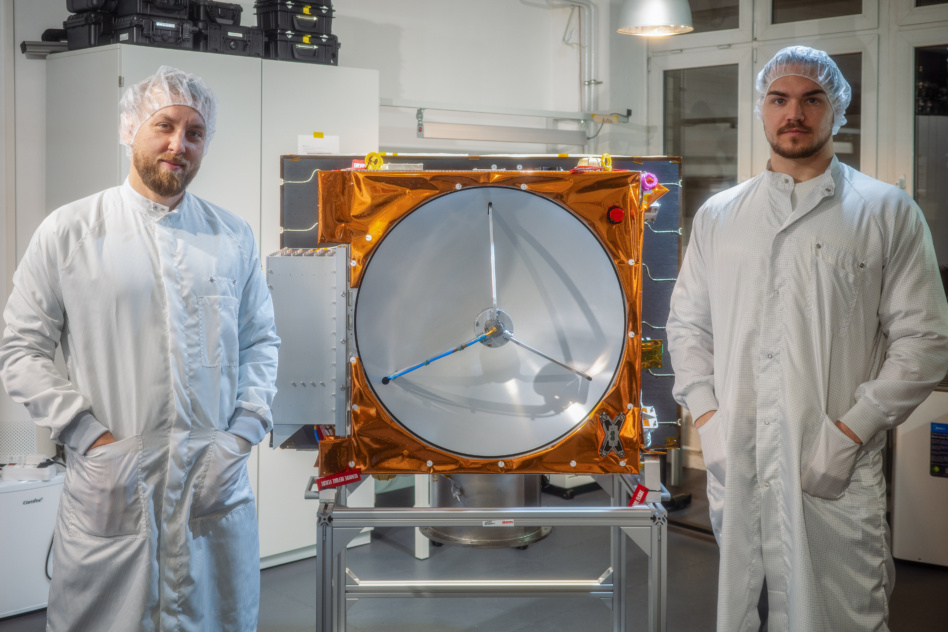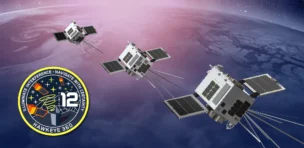German satellite manufacturer Reflex Aerospace closed a €50M ($57.5M) Series A to expand its production capacity and meet the rising demand for European-made sats.
The fundraise—one of the largest Series A rounds in the European space industry to date—was led by Human Element. Alpine Space Ventures, Bayern Kapital, High-Tech Gründerfonds, Renovatio Financial Investments also joined the round.
Less is more: Reflex will use the capital to expand the manufacturing capacity at its facility in Bavaria, which will be able to churn out 60 to 70 highly complex satellites per year, according to CEO Walter Ballheimer.
Ballheimer told Payload that the idea is not to win megaconstellation contracts, but to build advanced satellites to meet the needs of defense customers as quickly as possible.
“We don’t want just to build yet another satellite, we want to do the challenging stuff,” Ballheimer said. “All these satellites are on the extreme [of] obsolescence risk. In the commercial domain, the obsolescence risk is coming from competition. In the defense domain, the obsolescence risk is coming from adversaries.”
Reflex’s idea is to build a platform that can support an increasing breadth of technically challenging mission sets, including:
- SAR payloads (Reflex has partnered with Umbra to launch the first SAR capable satellite in 2027),
- High-resolution optical payloads for EO and SDA missions,
- Signal intelligence capabilities.
By 2027, Reflex expects to have flown multiple pathfinder missions to demonstrate the full gamut of ISR and comms capabilities that a defense-focused customer might need.
Speed racer: From there, the focus is on churning out satellites quickly. Ballheimer told Payload that Reflex will be able to build a unique, complex satellite from scratch in under nine months—about the same time it takes a competitor to build an off-the-shelf alternative.
Instead of basing all of its manufacturing capacity in one place, the company expects to build a series of “microfactories” near future customers—in Europe, the Middle East, and Asia— to get around tough trade restrictions and further cut down the time and effort it takes to integrate, and launch sovereign defense payloads.
“Reflex has positioned itself, always, from the very beginning, as the partner for the challenging, tricky missions in the defense context [and] responsive space,” Ballheimer said. “It seems that we were lucky in choosing this path…we are very well positioned, and we will play a big role in Germany and Europe in the future.”




